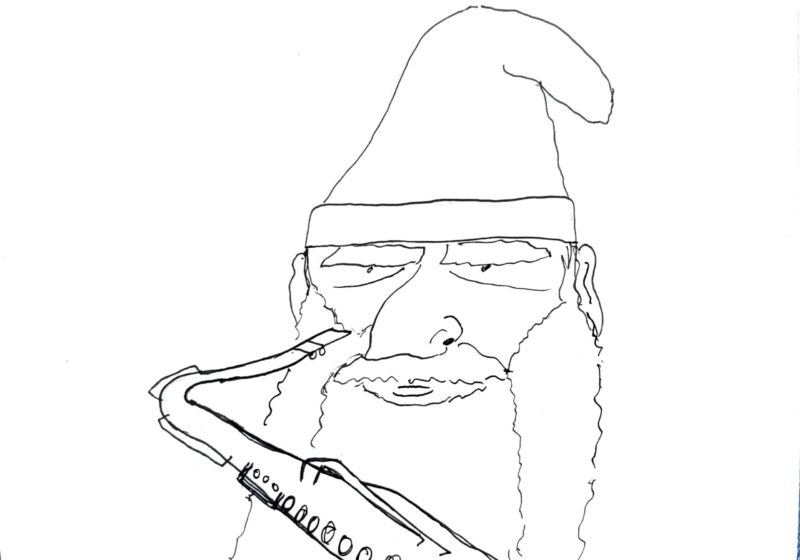Mikhail Gorbachev gave a speech at St. John Fisher College to address the growing challenges in today’s globalized world on Oct. 7. In his lecture entitled “Restructuring Global Priorities,” Gorbachev specifically focused on terrorism, poverty and the deteriorating environment. The former Soviet president was received with great enthusiasm as he called for a new “glasnost” – a policy of increased transparency of the government – but this time on a more global scale. “We need a new global glasnost,” Gorbachev said, speaking in Russian. “Citizens must insist on full disclosure of the state of the environment, of the threats they face, about the decisions being taken to address these problems and how these decisions are being implemented.”During his time in office, Gorbachev promoted policies of “perestroika” – economic restructuring – and glasnost. He won the Nobel Peace Prize for his efforts in 1990.”We cannot ignore terrorism,” Gorbachev said. “Given the scope of the problem and because of how merciless the terrorists have become, the problem has become so serious.” Gorbachev added that weapons of mass destruction increase the threat of global terrorism and therefore countries should come together to work toward nuclear non-proliferation.Gorbachev noted, however, that even former Director General of the International Atomic Energy Agency Hans Blix is more concerned with the depletion of the ozone layer than with the weapons of mass destruction. Gorbachev spoke positively about the Kyoto Protocol, a settlement between countries to decrease greenhouse gas emissions, and criticized the United States for not ratifying this international agreement. The devastating living conditions in impoverished countries was also addressed, along with the growing threat of AIDS and the need for effective leadership to fight this disease. Gorbachev further criticized the United States for its involvement in Iraq. He said that the American unilateralist policies undermined its allies and the United Nations.”[The war in Iraq], with its tremendous cost in lives, demonstrates that attempts to solve problems unilaterally, relying on pre-emptive strikes … must stop,” Gorbachev said. “We must develop a different strategy.”In an earlier press conference, Gorbachev briefly mentioned incumbent President of Russia Vladimir Putin’s control of the Russian media. “Eighty countries which underwent the transition from a totalitarian system to democracies are currently experiencing to some extent a rollback to totalitarian tendencies,” he said.However, Gorbachev added that he does not think that Russia is sinking back into an authoritarian regime – if anything, the reverse is true.According to Gorbachev, these tendencies are a natural part of the transition process from the socialist regime to a democracy. Chandally can be reached atmchandall@campustimes.org.Zavin can be reached atvzavin@campustimes.org.
April Fool's
This is not a joke.
This is not a joke. This is no laughing matter. It’s not intended to be funny or perhaps even humorous. I’m serious in everything that I’m saying right now.
April Fool's
Good advice Brian
Well, that’s too bad – I’m actually just going to gatekeep all of this information. You won’t get a peep out of me.
April Fool's
Exclusive interview: the little guys inside the Wilco speakers
In an exclusive interview with the CT on Sunday, I sat down with Dirm Pittleford, the chieftain of the little guys in the Wilco speakers, to find out more.


